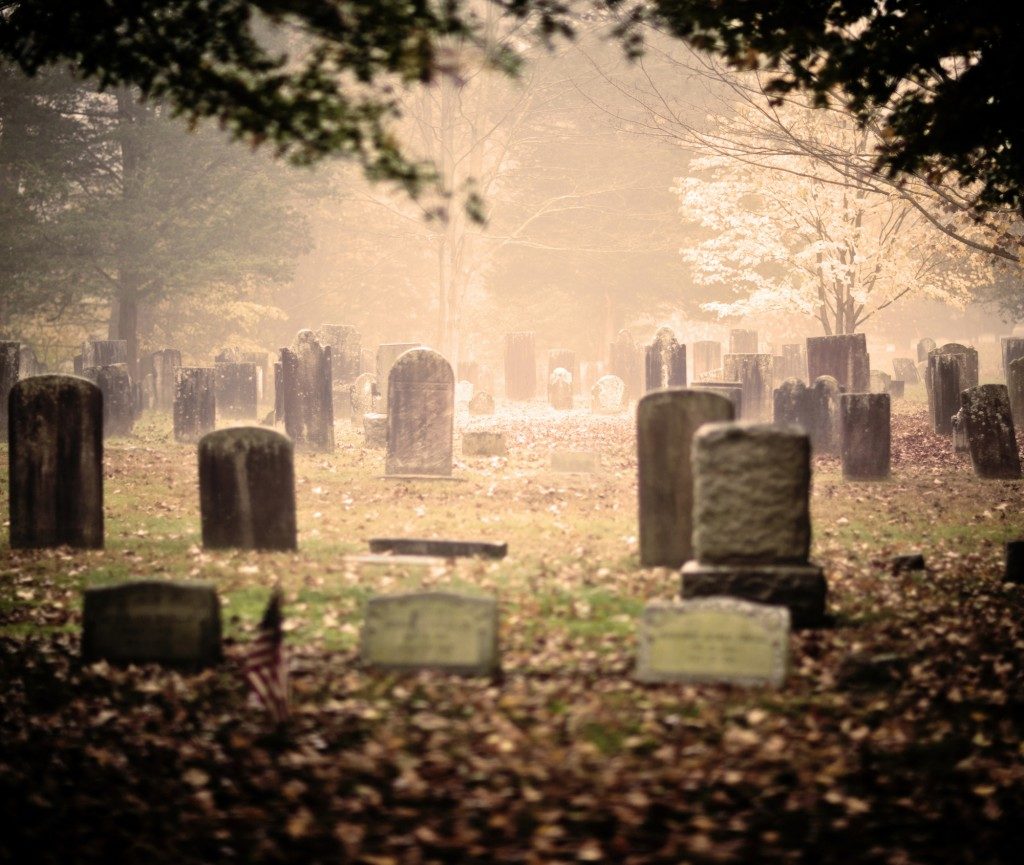One of our students once asked me a question that I thought ranked fairly high on the profundity scale, especially given that she was only 18 years old. “What are the things we do on this earth that we will take with us into eternity?” As she clarified her question, I discovered that it had been prompted by the previous evening’s outside-the-classroom learning experience: a half-hour stroll through a graveyard. Her reflections on that experience revealed that she was seeking desperately to understand what is truly permanent in our very souls when we go to Heaven, which would then inform her choice of a major in college.
The point of the graveyard exercise was to remind these young leaders that, in one sense we’re all destined to become part of the earth once again and that our days in this life are just a few handbreadths (Ps. 39:5).
Given that fact, how do we hope our epitaphs will read? What legacy will we leave? There was another point to the activity, however, namely to crystallize in their souls a hope-informed understanding of human existence that flows out of God’s plan to redeem the created order itself and make all things new and to remind them that the degree to which they live with an eternal perspective in this short life is the degree to which they will be participating as God’s vice-regents in restoring all aspects of his original design—of living in this world coram deo, before the face of God through a deep awareness of creation, fall, redemption and finally, yes, consummation.
This coed really knew more than what she realized. As we discussed her question in greater depth, she began to see how all the worldview studies and related ethical issues we had covered last year in the formal classroom ethos as well as service to others outside the classroom has eternal value. The nature of learning itself for creatures made in God’s image is such that studies and practice in the various disciplines, whether the humanities, music, art, business, or the helping professions, will change us, literally forever. Our formal college studies as image-bearers ought to so shape us that we gain new depth of insight about how we should treat each others at the beginning of life, how we do or don’t love God and neighbor inside the covenant of marriage or in the workplace, how we care for the elderly in their frailty.
The inquisitive coed student would agree with N.T. Wright that the Christian “mission must urgently recover from its long-term schizophrenia. The split between saving souls and doing good in the world is not a product of the Bible or the gospel, but of the cultural captivity of both.” Seems to me that unlike evangelical boomers and x’ers who have demonstrated more susceptibility to the residual effects of the fundamentalist-modernist controversy, millennials are less willing than their predecessors to settle for Dwight Moody’s “sinking ship” understanding of the culture and the rather thin view of hope that corresponds to it (“God has given me a lifeboat and has said ‘Moody, save all you can’”). They are far more likely, once made aware of it, to embrace C.S. Lewis’s paradigm: “Hope…means…a continual looking forward to the eternal world….It does not mean that we are to leave the present world as it is. If you read history you will find that the Christians who did most for the present world were just those who thought most of the next.” So may it be for those of us who are called to teach and mentor this millennial generation of Christ-followers.
